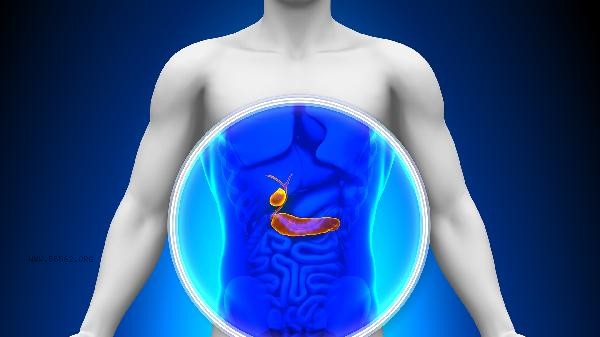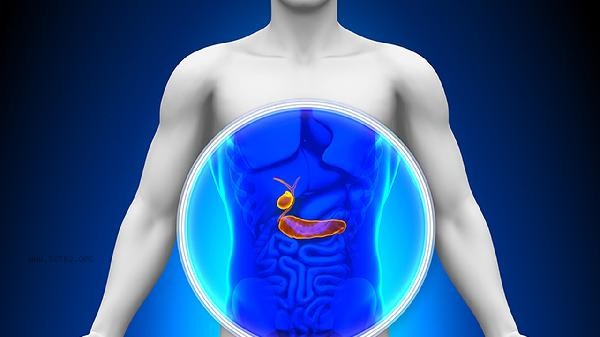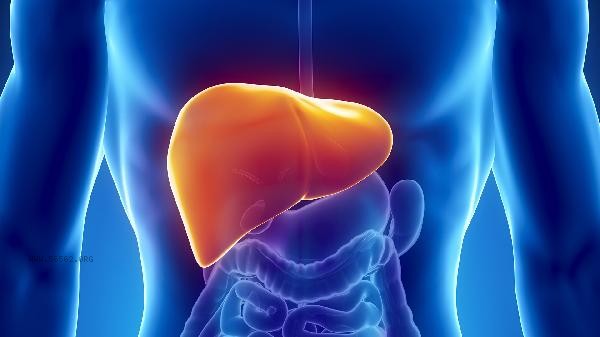Elevated total bilirubin can be improved by adjusting dietary structure, supplementing water, moderate exercise, medication treatment, etiological treatment, etc. It is mainly related to factors such as abnormal liver metabolism, biliary obstruction, hemolytic diseases, etc.

1. Adjust diet:
Reduce the intake of high-fat and high cholesterol foods, such as animal organs and fried foods, to avoid increasing the burden on the liver. Increase fruits and vegetables rich in vitamin C, such as citrus and kiwi, to promote bilirubin metabolism. Daily protein intake should be controlled at 1-1.2 grams per kilogram of body weight, with priority given to high-quality protein such as fish, shrimp, and soy products.
2. Moisturizing:
It is recommended to drink 2000-2500 milliliters of water per day, in small portions. Insufficient water can lead to bile concentration and affect bilirubin excretion. Herbal drinks with choleretic effects such as chrysanthemum tea and dandelion tea can be consumed appropriately, but avoid stimulating drinks such as strong tea and coffee.
3. Moderate exercise:

Engage in 3-5 aerobic exercises such as brisk walking and swimming per week, each lasting 30-40 minutes. Exercise can improve liver microcirculation and accelerate bilirubin metabolism. Avoid excessive exercise that can worsen hemolysis, and replenish electrolyte water promptly after exercise.
4. Medication therapy:
Under the guidance of a doctor, Ursodeoxycholic acid capsules can be used to promote bile excretion, or Biphenylene Diphosphate Dripping Pills can be used to improve liver cell function. Hemolytic jaundice requires the use of glucocorticoids based on the cause, while patients with biliary obstruction may require antispasmodic drugs to alleviate symptoms.
5. Etiological treatment:
Viral hepatitis requires antiviral treatment, and patients with gallstones may consider endoscopic stone removal or surgery. Gilbert syndrome and other genetic diseases are mainly observed, and neonatal jaundice requires phototherapy intervention. Suggest improving liver function, hepatobiliary ultrasound and other examinations to clarify the cause.

Maintain a regular sleep schedule to avoid staying up late, and ensure sufficient sleep during the liver repair period at night. Regularly monitor changes in bilirubin levels, and apply calamine lotion externally when accompanied by skin itching. Individuals with long-term elevated levels should have their liver and gallbladder ultrasound and liver function rechecked every 3-6 months, and avoid drinking alcohol and taking hepatotoxic drugs. Diet can increase the consumption of coarse grains such as oats and buckwheat, which are rich in dietary fiber, and promote the excretion of bilirubin in the intestines.









Comments (0)
Leave a Comment
No comments yet
Be the first to share your thoughts!